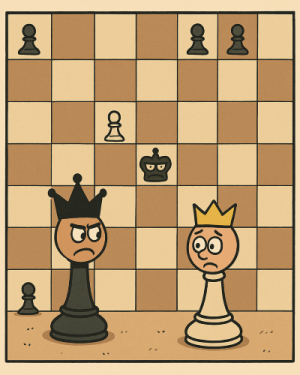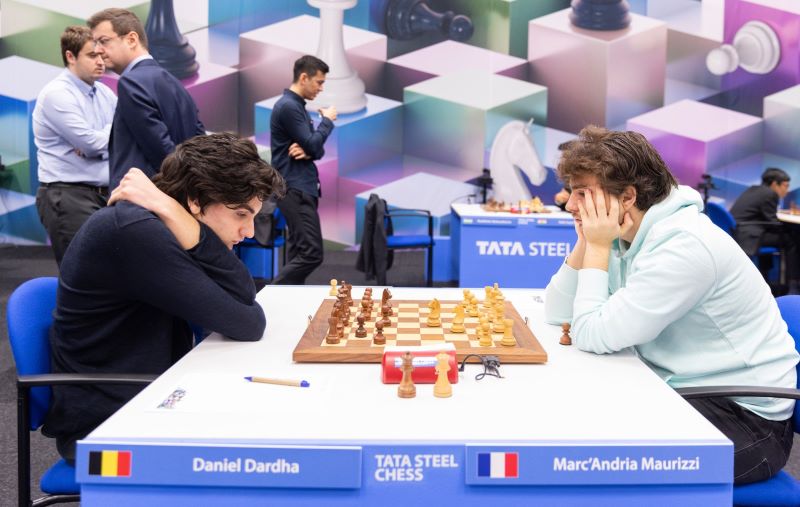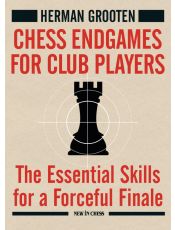
Converting to a pawn endgame
In the previous installment of this (short) series on endgames, we talked about pawn endgames. Every chess player knows the dilemma that arises at some point: can he simplify the position by converting to a pawn endgame? Of course, the word “simplify” must be qualified. Because pawn endgames are often far from simple. It depends mainly on two aspects:
- How much knowledge a player has of pawn endgames
- How good are the player's calculation skills?
If both conditions are met, it becomes much simpler, and a player can confidently go for the pawn endgame, in which he is sure to win! The Dutch grandmaster Jan Timman once wrote that it is not a matter of finding the most optimal way to win but of accurately calculating the variation to the win and getting it right, after which you can play it confidently.
In the examples below, the players with the advantage decide to convert their positions to a pawn endgame that still requires the necessary technique and calculations to force a win. But both players chose this path because they were confident they would finish the remaining part flawlessly. In the second example, the white player believed it and resigned immediately because he had checked that his opponent had indeed done excellent calculations.
 Marc’Andria Maurizzi and Daniel Dardha in round 12 (Photo (c) Jurriaan Hoefsmit)
Marc’Andria Maurizzi and Daniel Dardha in round 12 (Photo (c) Jurriaan Hoefsmit)
Conclusions:
In both endgames, the settlement to a pawn endgame was correct. In the first case (the rook endgame), the pawn endgame had a few snags that required White to show the necessary technique to secure a win. So, for example, in one line, he needed to show the technique of “triangulation” (which is explained in my book on p. 161).
In the second endgame, the sacrifice of the rook for the bishop was excellent, but the black player had to make a “counter-intuitive” move to win the game after the exchange. The rule of thumb, “play the king to the center first and keep pawns behind,” would have cost him half a point here. But by calculating very accurately, the black player (GM Daniel Dharda from Belgium) knew that he would win. We can, therefore, conclude that in such an endgame, a player should use his calculating power to test his intuition.

